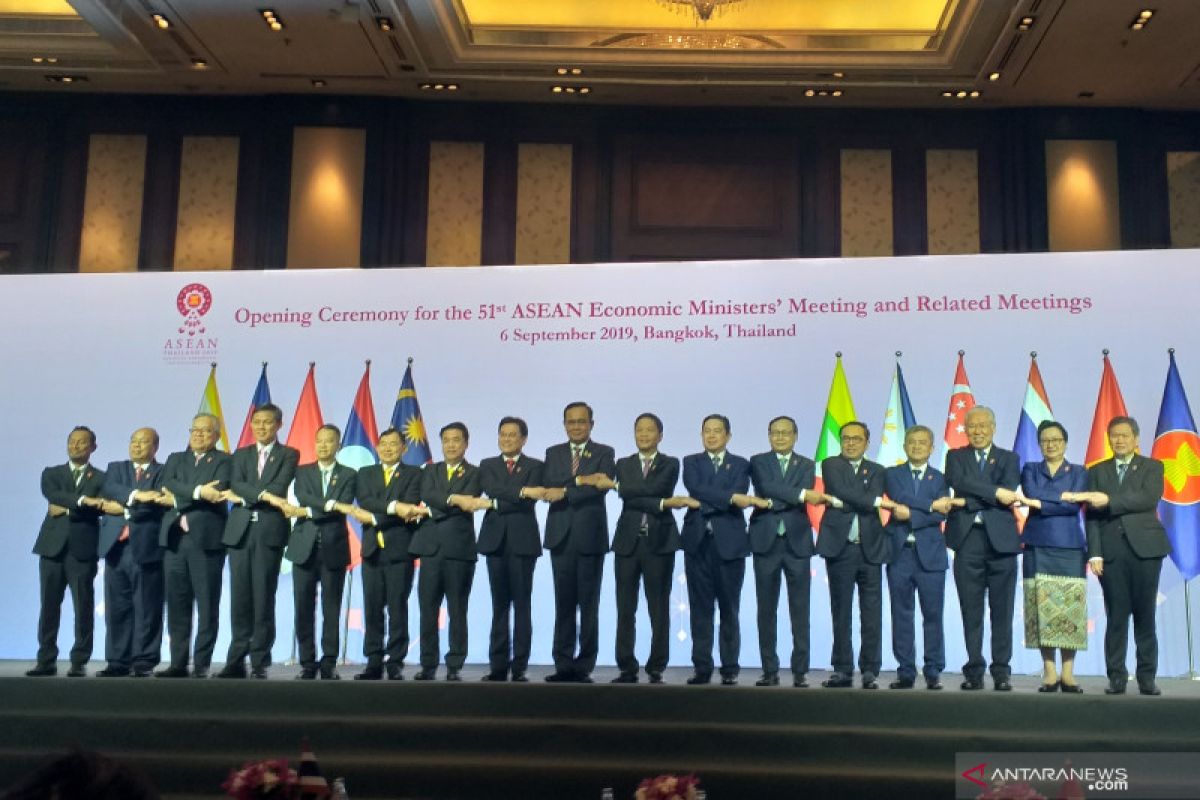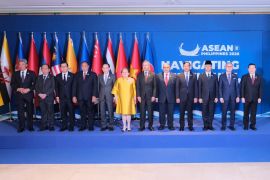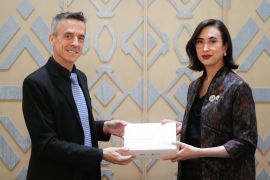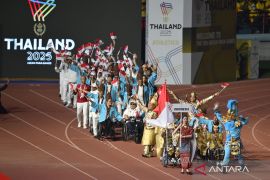Finalization of the RCEP agreement will facilitate the region in creating a more stable trade and investment climate and allay the negative impact of sources of global economic uncertainty, such as the bilateral trade conflict among countries outside the region.
The issue surfaced at the opening of the 51st ASEAN Economic Ministers' Meeting (AEM) held in Bangkok, Thailand, on September 6-11, 2019.
Trade Minister Enggartiasto Lukita will lead the Indonesian delegation to the 51st AEM where he will put the spotlight on bolstering ASEAN solidity to face global economic uncertainty and lower several tariffs.
Related news: Government eyes completion of RCEP, IK-CEPA, IT-ECA by 2019: minister
Related news: President Jokowi to continue RCEP negotiations during ASEAN Summit in Singapore
Furthermore, he will lay focus on the progress achieved in RCEP negotiations that the ASEAN leaders had agreed upon.
During the opening of the 51st AEM on Friday, Thai Prime Minister Prayut Chan-o-cha also underlined the significance of finalizing the RCEP agreement. He believes that the RCEP will promote closer and more stable economic, trade, and investment climate between ASEAN member states and their partners.
"The finalization of RCEP this year will reflect the trust of the region and dialog partners in synchronizing trade and investment," he stated.
RCEP is an ASEAN-centered proposal for a regional free trade area that will initially include the 10 ASEAN member states and those countries that have existing free trade agreements (FTAs) with ASEAN: Australia, China, India, Japan, Republic of Korea, and New Zealand.
The agreement scheme may serve as a multilateral forum, as it is more ideal and significantly reflects the regional interests than other multilateral agreement schemes.
"The challenges will continue to lie ahead, and we (ASEAN) must make preparations for them," he stated.
During the opening of the 51st AEM, Thai Deputy Prime Minister Jurin Laksanawisit, in his capacity as AEM chairman, appealed to 16 RCEP member states to capitalize on their flexibility in discussing RCEP to achieve the target of completing it this year.
"Economy, trade, and investment will become more stable and closer with RCEP. Members need to work more closely to find a way out together," he added.
Related news: Asean asks Indonesia to conclude RCEP negotiations with six partner countries
Related news: Indonesia pushes ASEAN to complete RCEP negotiation
Translator: Indra Arief Pribadi/Suharto
Editor: Rahmad Nasution
Copyright © ANTARA 2019











